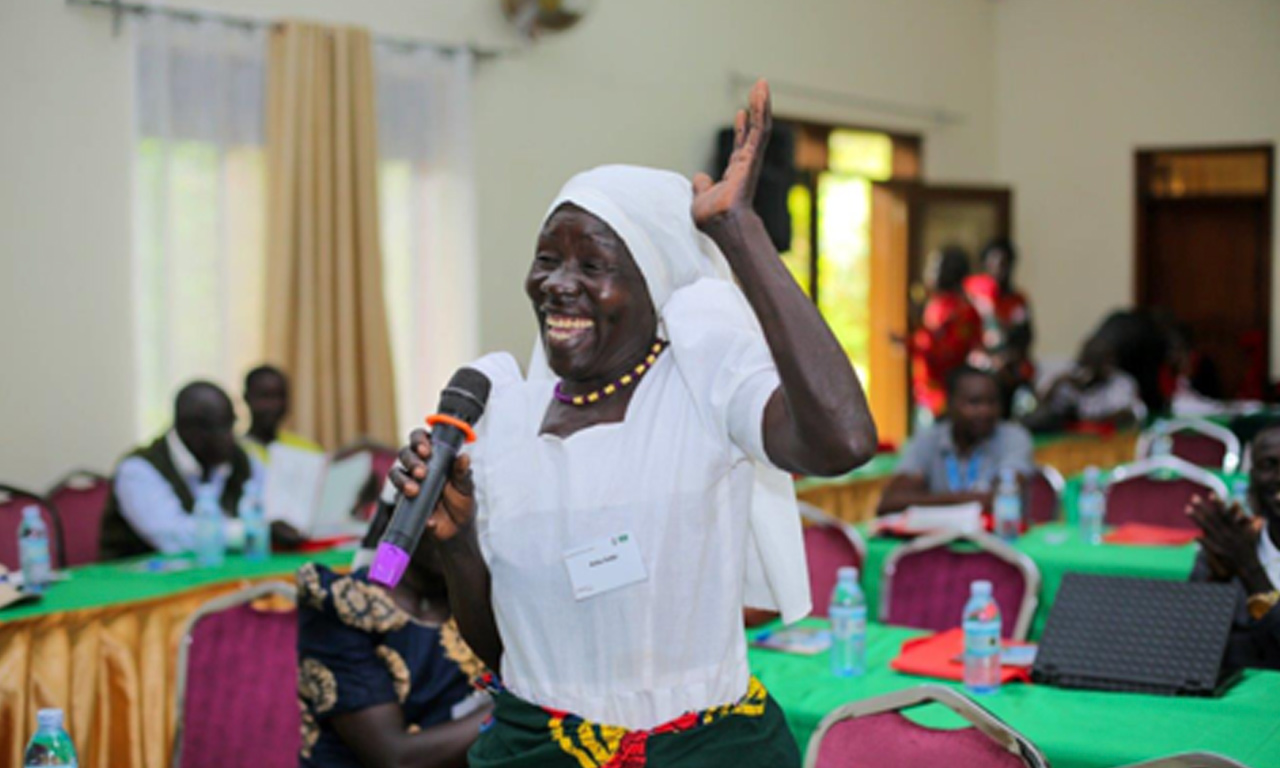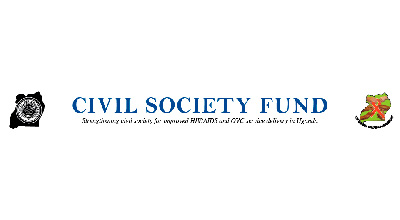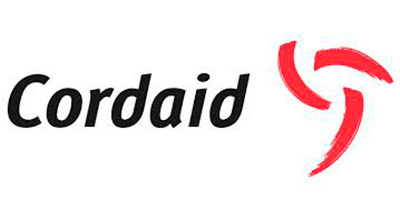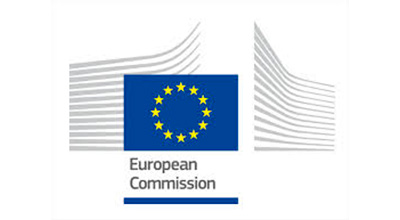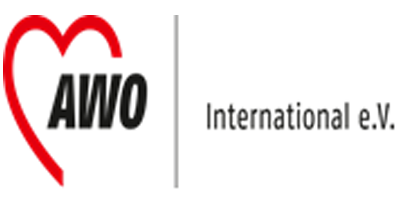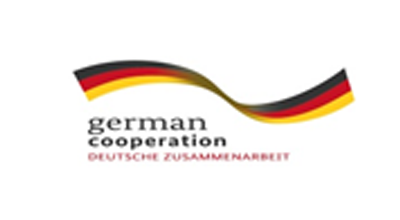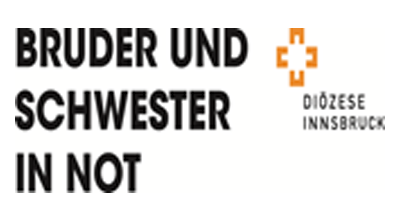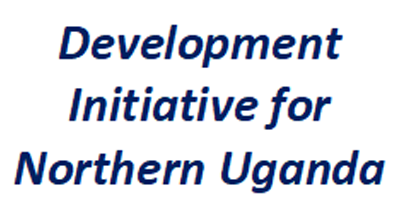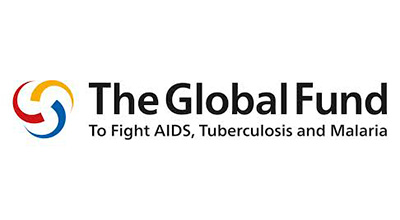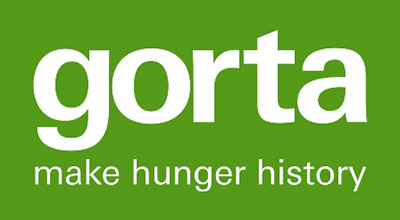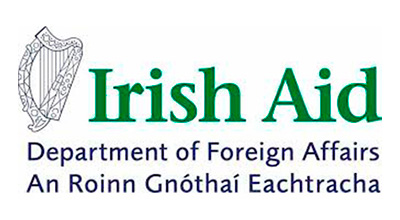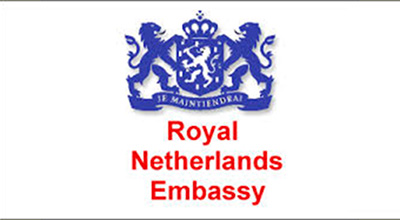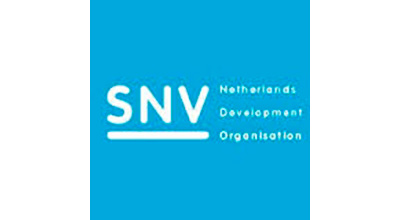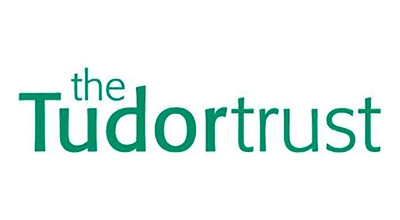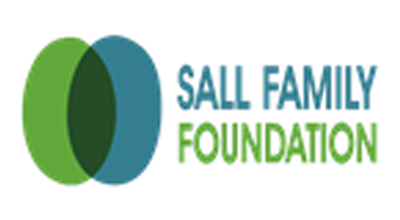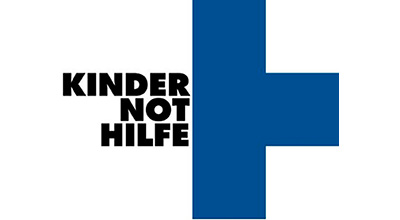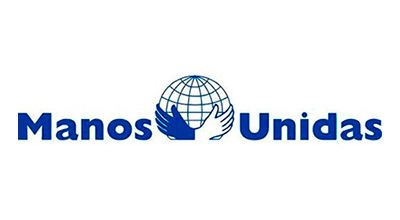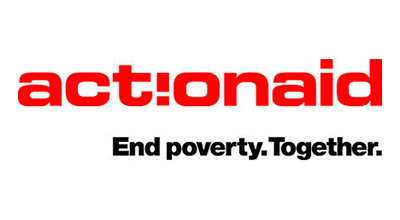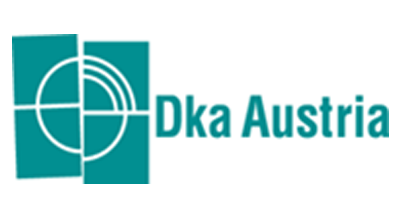Specific objective 3: Improved responsiveness and accountability of local governments and peaceful co-existence for refugees and host communities. There is generally very low participation of children, youth and women
in the affairs of their local governance. This situation is attributed to right holders limited awareness of their rights and advocacy skills with which to claim those rights and hold accountable their leaders.
To avert this situation, AFARD will support building of bridges between communities and their local governments by building the political capabilities of: a) local government leaders on their roles and responsibilities and participatory planning, budgeting and monitoring as well as mainstreaming issues of food security, land, gender, child rights, environment, vermin control, and youth employment in their development plans; and b) citizens to know their rights and acquire advocacy, budget analysis and monitoring skills. Multi-stakeholder platforms will be established at district levels to promote joint (government, civil society, and private sector, and community) planning, public dialogue on topical issues – policies, plans and programmes - that affects service delivery, decent employment, and the market-, and accountability events for local leaders.

